Curious Questions: Why do you wake up just before the alarm goes off?
It's uncanny how often we open our eyes just before the alarm clock springs into life – but is it coincidence or is there something more at play? Martin Fone, author of 'Fifty Curious Questions', investigates.

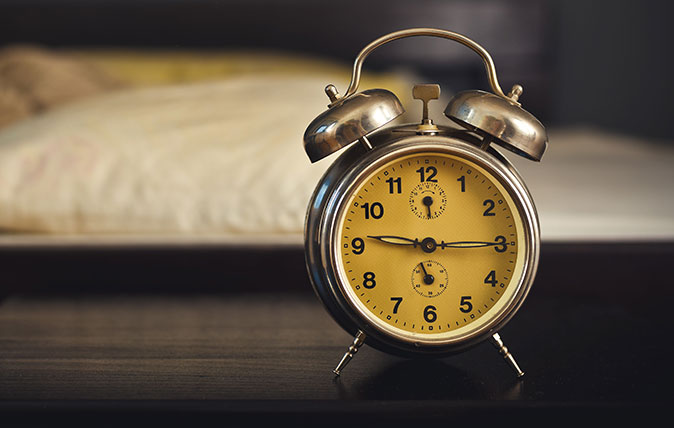
Exquisite houses, the beauty of Nature, and how to get the most from your life, straight to your inbox.
You are now subscribed
Your newsletter sign-up was successful
Have you noticed how you invariably become conscious just before the dreaded alarm goes off?
It happens to me so often I feel I could dispense with the automated warning that it is time to get up. But without that safety net there, I’m worried whether I would come to at the right time.
Why does this happen, I wondered?
It is all down to your circadian rhythm, which in turn is controlled by a group of nerves nestled in the centre of your brain called the suprachiasmatic nucleus. In addition to controlling your body clock (when you feel wide awake and sleepy), it also controls your blood pressure, body temperature, and your sense of time.
Naturally, your body is most efficient when it follows some form of routine. If you are regular in your habits – go to bed at roughly the same time each day and get up roughly at the same hour – your body locks into that routine.
Your sleep-wake cycle is regulated by a protein called PER, the level of which varies each day, peaking in the evening and plummeting at night.
An hour or so before you are supposed to wake, the level of PER rises (along with your body temperature and blood pressure), and in preparation for you coming to, your body releases a cocktail of stress hormones. Your sleep gets lighter and lighter. Following a regular routine means that your body has prepared itself for your rising to coincide almost to the second to the time your alarm goes off.
Exquisite houses, the beauty of Nature, and how to get the most from your life, straight to your inbox.
That being the case, the worst thing you can do is to press the snooze button, turn over, and have another ten minutes, tempting as it might be. Your body is primed to get up, so delaying the process sends it into a deep state of discombobulation as hormones associated with sleeping interfere with the hormones preparing you to get up. The result is you feel groggy and have ensured that you will be starting the day in less than peak condition.
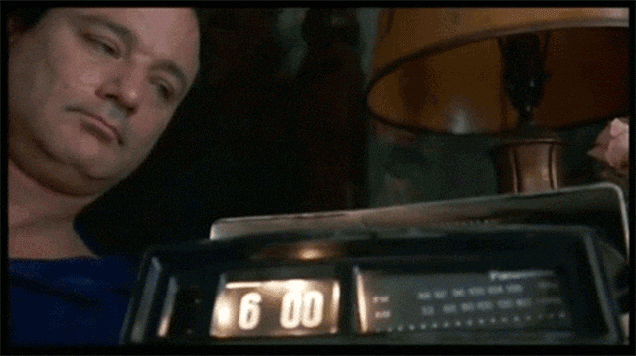
It seems that you can will yourself to wake up at a certain time. It is always a nightmare of mine when I have to get up especially early to catch a plane that I will sleep through, but the evidence suggests that your body is one step ahead preparing you.
According to research conducted by the University of Lübeck and reported in Psychology Today, fifteen volunteers were recruited to sleep in a lab for three nights. On one night they were told they would be woken up at 6 a.m. and on the other nights at 9 a.m.
However, the devious researchers woke them up at 6.30 a.m. each day. On days they thought they were getting up early, the sleepers’ stress hormones started to increase from 4.30 a.m.
On days when they thought they were in for a lie-in, the stress hormones hadn’t started to kick in, and so when they were roused, they felt groggy.
The conclusion: Our bodies start to prepare us for getting up at the time we think we are getting up. And if you don’t stir before your alarm, you’re not getting enough sleep!
So now we know!
Martin Fone is author of 'Fifty Curious Questions', from which this piece is an excerpt – find out more about his book or you can order a copy via Amazon.
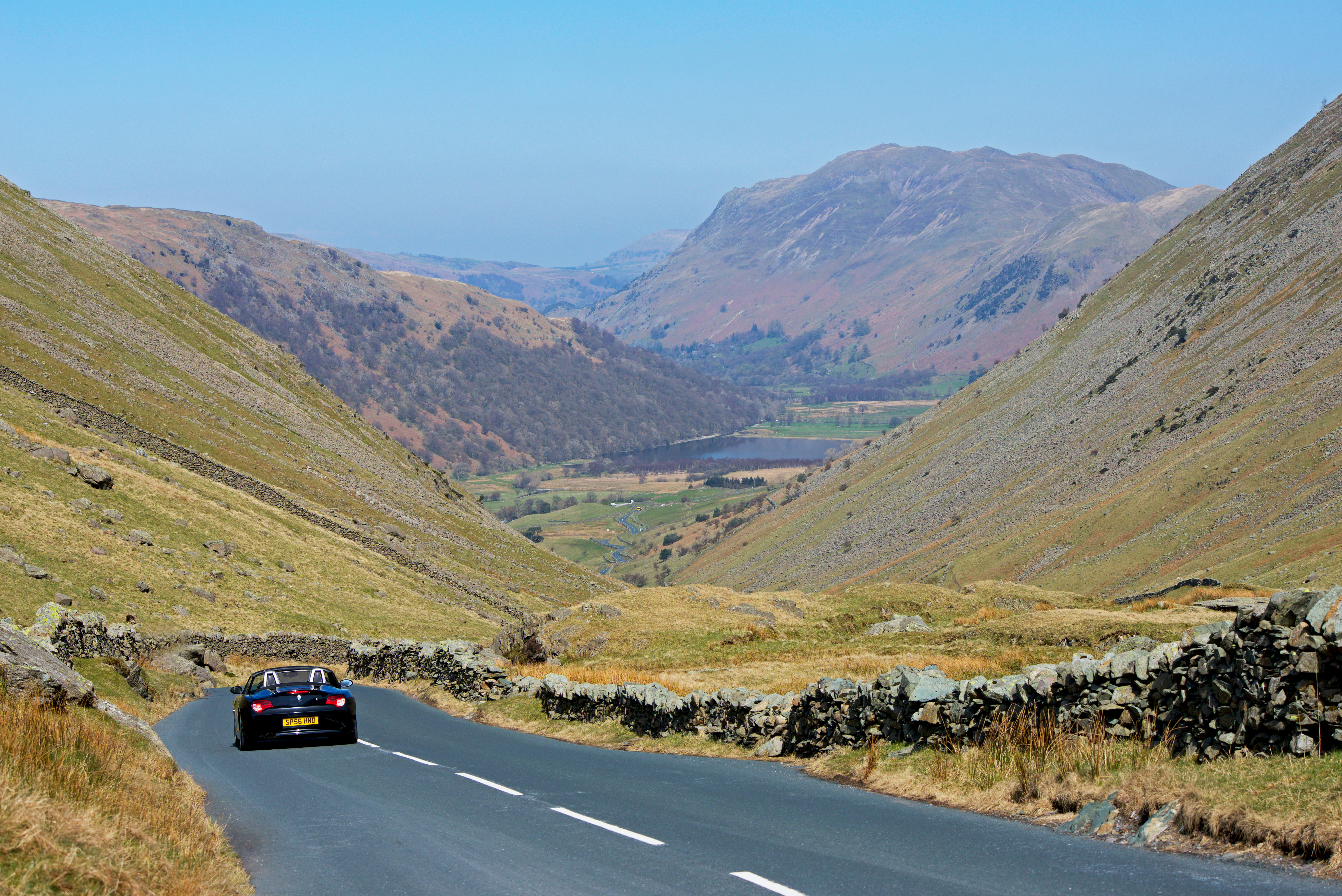
Curious Questions: Why do the British drive on the left?
The rest of Europe drives on the right, so why do the British drive on the left? Martin Fone, author
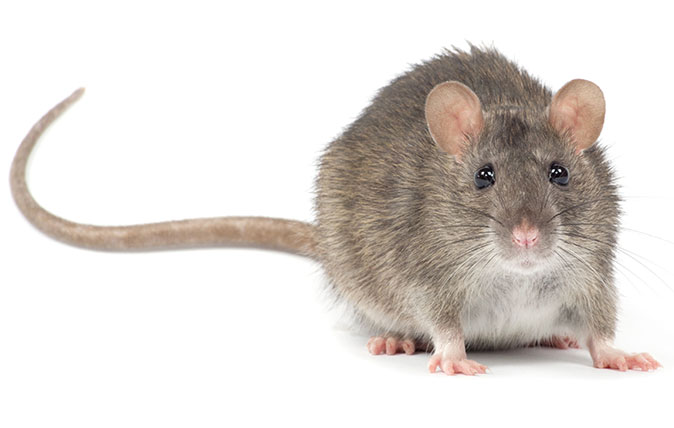
Credit: Alamy
Curious questions: Are you really never more than six feet away from a rat?
It's an oft-repeated truisim about rats, but is there any truth in it? Martin Fone, author of 'Fifty Curious Questions',
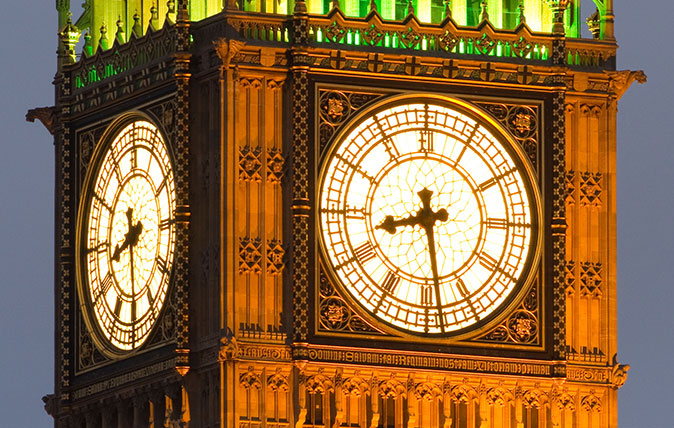
Credit: alamy
Curious Questions: Why is a day divided into twenty-four hours?
We've been counting things in convenient chunks of ten for thousands of years, so why on earth is a day
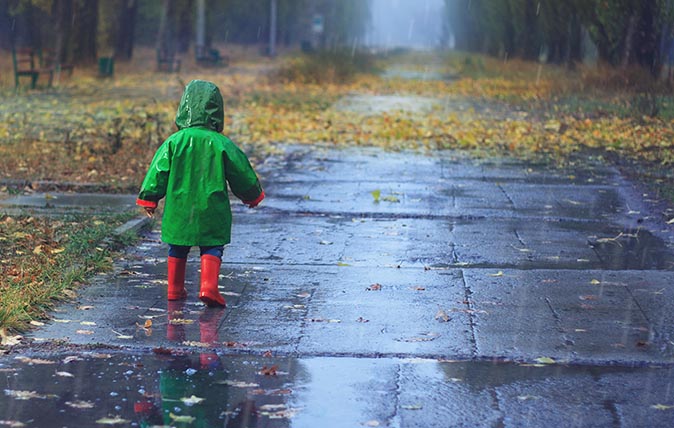
Curious Questions: Do you get wetter running or walking in the rain?
Does running in the rain get you out of it quicker? Or do you just run into more water more
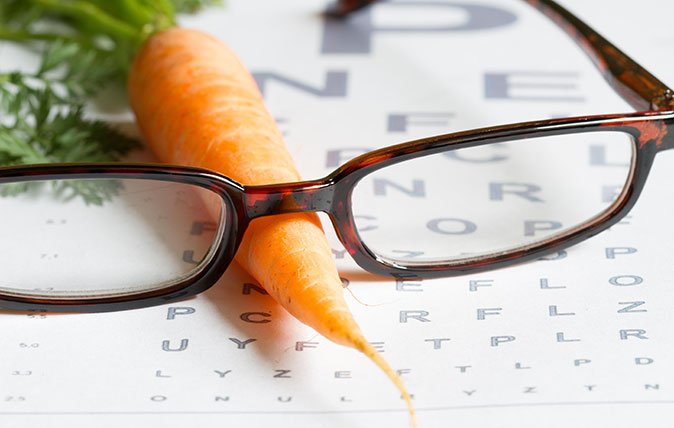
Credit: Alamy
Curious Questions: Do carrots really help you see in the dark?
We've all been given the familiar advice by parents anxious to get us eating our vegetables, but is there any

Credit: Photo by FLPA/Hugh Lansdown/REX/Shutterstock – Bullet Ant (Paraponera clavata) adult, standing on leaf in rainforest, Tortuguero N.P., Limon Province, Costa Rica
Curious Questions: What is the world’s most painful insect sting – and where would it hurt the most?
Can you calibrate the intensity of different insect stings? Martin Fone, author of 'Fifty Curious Questions', investigates.
After graduating in Classics from Trinity College Cambridge and a 38 year career in the financial services sector in the City of London, Martin Fone started blogging and writing on a freelance basis as he slipped into retirement. He has developed a fearless passion for investigating the quirks and oddities of life and discovering the answers to questions most of us never even think to ask. A voracious reader, a keen but distinctly amateur gardener, and a gin enthusiast, Martin lives with his wife in Surrey. He has written five books, the latest of which is More Curious Questions.
